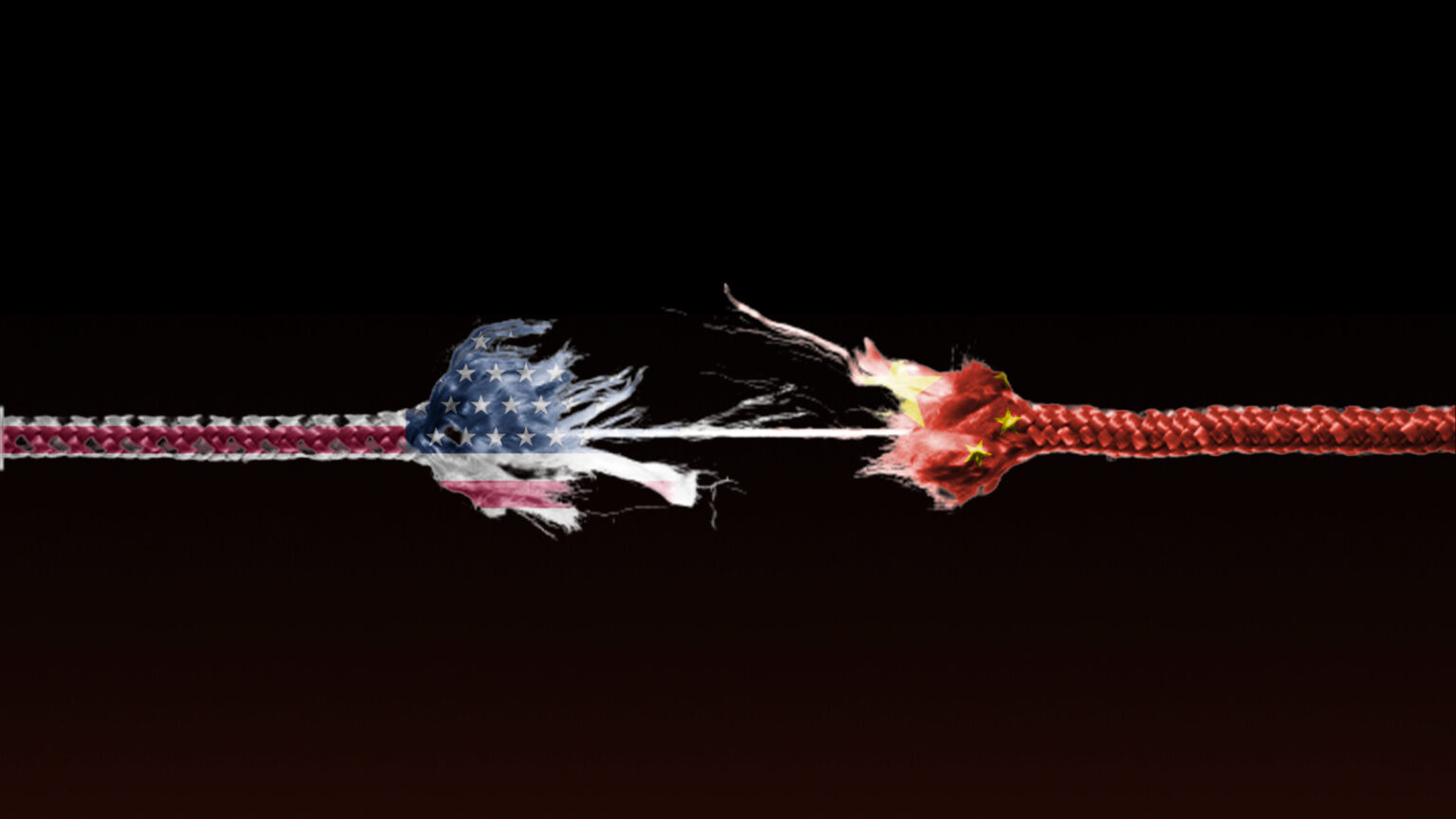The US and China have seen escalating tensions over the past few years due to the US insistence on keeping the monopolar world order, which China is working to overturn. The US has adopted a specific approach to counter China: encircle China. The US’s China strategy has prompted Washington to cut back on its presence in the Middle East, withdraw forces from Afghanistan and reduce its footprint in the Gulf.
But there’s an imminent APEC leadership meeting. The US President Joe Biden and his Chinese counterpart, Xi Jinping will meet at this event in San Francisco on Wednesday. Interestingly, US national security adviser Jake Sullivan has made comments that could be deemed ‘alarming’, in which he said that the relations between the two world powers could veer into conflict if not managed well.
There are issues that could inflame the dispute between the two sides, such as the status of Taiwan, South China Sea, the war in Ukraine and the relations with Russia. There are issues that could bring the two nations together—but they are far fewer than what divides them.
The status of Taiwan remains a pivotal concern in US-China relations. The US has historically supported Taiwan’s autonomy, while China considers the island nation a part of its territory. Navigating this issue requires delicate diplomacy, and finding a compromise that respects the interests of both parties is essential to preventing further escalation.
The South China Sea continues to be a hotbed of contention, with both nations asserting their claims over the strategically significant region. The potential for military clashes in this area remains a constant threat. However, fostering dialogue and pursuing diplomatic solutions can help mitigate tensions and create a pathway for cooperation.
The war in Ukraine and the broader relations with Russia introduce an additional layer of complexity to the US-China dynamic. While these issues may initially seem unrelated, they have the potential to influence the global balance of power. Finding common ground and building collaborative approaches to address these challenges can contribute to stabilizing relations between the US and China.
Yet, it appears that it’s not the US alone that is wary of China and not at ease with its regional moves.
During a press conference on Tuesday, United Nations members who are committed to the Korean War Armistice Agreement voiced their concerns to US Secretary of Defense Lloyd Austin on the part China and Russia are playing in enhancing North Korea’s military might. According to Lloyd Austin, China and Russia might assist North Korea in avoiding UN sanctions. The remarks made by the US Secretary of Defense came during a meeting in South Korea with defense ministers and delegates from the 17 nations that comprise the United Nations Command overseeing the ceasefire. Austin has stated that he is troubled by the rising military collaboration between Russia and North Korea and has expressed grave concern about North Korea’s growing capabilities with the assistance of China and Russia.
According to experts, this mood of escalation and desire to curb China will help stoke rather than calm the dispute in the region. They will also lead to further strained, and even worsened, US-China relations as there’s a global sensation that the US-led global order is on the wane.
As the world watches the APEC leadership meeting unfold, the specter of a US-China conflict looms large. The careful calibration of diplomatic maneuvers, the addressing of contentious issues, and the identification of common ground are crucial elements in preventing the deterioration of relations into open conflict. The precarious balance between the two superpowers demands a nuanced and strategic approach, recognizing both areas of cooperation and potential sources of discord. The outcome of the meeting in San Francisco will undoubtedly shape the future trajectory of US-China relations and, by extension, the global geopolitical landscape.



